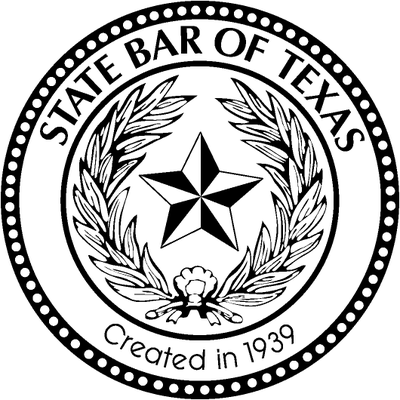This weekend, I attended the 2012 State Bar Labor and Employment Law Institute CLE. I got to meet Mike Maslanka, a lawyer whom I have admired from a distance for several years. I love hearing Mike talk. He always inspires me and makes me laugh. His talk about professionalism and ethics got me thinking: if my business got sued, who would I want to represent it?
I am lucky because the best lawyer I know is my dad. So for me, this discussion is hypothetical: I would hire him. But if I didn’t have him, who would I want? I would want someone who is effective. Experienced. Highly competent and skilled. Who cares about the result as much as I do. And who I can trust.
A lawyer’s website can tell you a lot about a lawyer’s experience. But it will not tell you what kind of person you are hiring. To find that out, you have to dig deeper. Of course, talking to people who know the lawyer is ideal. In addition, here are four questions you can ask:
1. How many hours do you bill in a year? OR How many hours does your firm require that you bill?
Lawyers have to put bread on the table just like everyone else. But law is a service profession. That’s why we are here—to serve clients who need our help. I think if you asked my dad how many hours he bills in a year, he would say, “I don’t know.”
As a client, I would want a lawyer who bills as much as it takes to get the job done right. No more. No less. I would not want a lawyer who is under pressure to fulfill an unreasonably high billable hour requirement imposed by a law firm. Billable hour requirements help lawyers make money. They don’t do anything to help clients.
2. What do you consider a job well done? OR How does your firm reward its attorneys?
Lawyers who work to earn a client’s satisfaction will have that client’s business and referrals for life. Yet many law firms reward lawyers for the quantity, not quality, of work performed.
What if, instead of rewarding lawyers for the number of hours they bill, law firms rewarded lawyers based on a client’s reported level of satisfaction? Now that is a firm I would be interested in hiring.
3. What do you do to take care of yourself?
I have seen this firsthand: a lawyer who doesn’t take care of himself doesn’t take care of business. A lawyer who doesn’t take care of himself will leave things ‘til the last minute and fail to allocate sufficient resources to the job, and the result will be sloppy. Why do many lawyers fail to take care of themselves? Because they are under the billing pressures described in numbers one and two. They are constantly running on empty.
I would not want to hire the alcoholic who has been divorced four times. Nor would I want to hire the obsessive-compulsive who hasn’t vacationed since the late 90s. I would want a lawyer that makes time for exercise, family, and fun—who can keep all the plates spinning. Then I would know that he or she will not drop the plate in my case.
4. When was the last time you did something special for someone else?
As a client, I would not want to feel as if I were just another case. I would want to hire someone who puts as much thought into my case as they would if they were representing their own child. My dad once hired a caterer to serve a picnic breakfast to him and opposing counsel on the San Antonio River in a highly contentious case. The result? The end of a miserable fight for both clients and what I imagine was a beautiful morning.
That kind of thoughtfulness is rare, in large part because of the billing pressures described in numbers one and two, which leads to the lack of self-care described in number three. But I would want to hire a person who takes the time to do special things for others—because then I know he or she will apply the same thoughtfulness to my case.
A big thanks to Mike Maslanka and my dad and all the attorneys who show us, by example, the kind of professionals we aspire to be.









